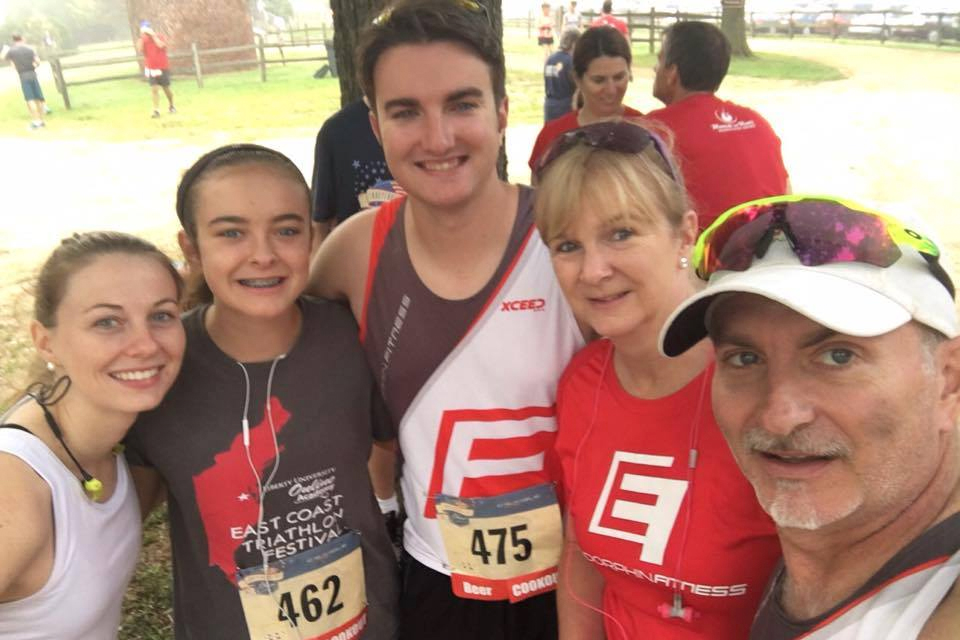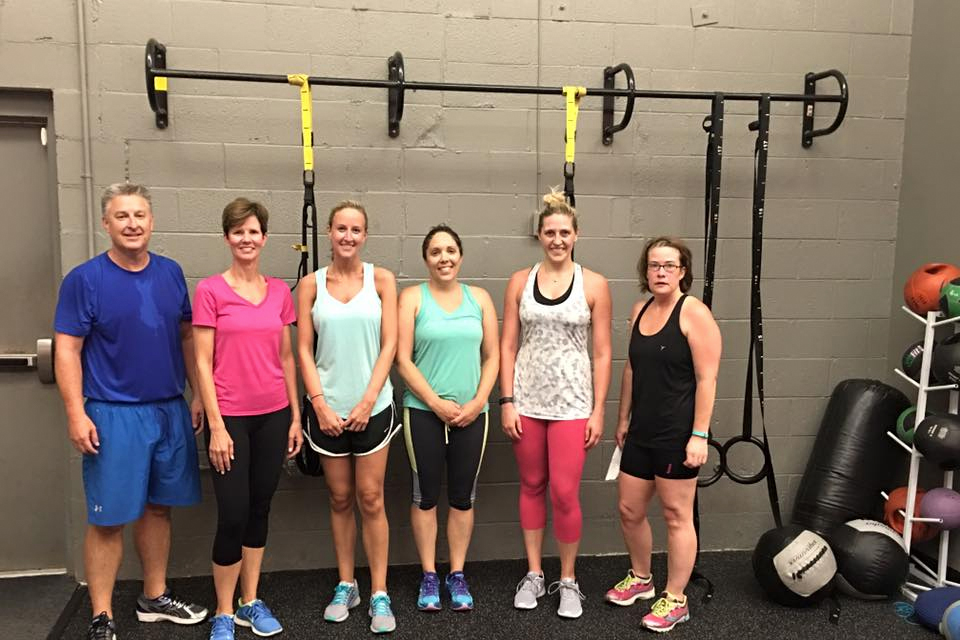

I recently read a story that was featured in the British Medical Journal about a man who jumped off some scaffolding and impaled his foot with a long nail. He was in such great immediate pain that he had to be sedated and given pain medicine on the spot. When the medical team removed his boot though, they realized that the nail had not gone through his foot but rather in between two of his toes. Despite his immense pain, he had no injury at all. This story was shared in the journal to highlight the role of the mind in pain.
Now for a personal story. A couple weeks ago, I was at mile eleven of a marathon when I began to feel a pain in my calf that was working down into my achilles. Given that I had trained very hard for this race and it was important to me, this pain began to control my mind. I became fixated on whether this pain would end what had been a perfect race thus far. Then, I had a realization: I needed to stop thinking about it and get back to executing my race plan. So, I turned my attention to my pace, nutrition, and relaxing as best I could. Surprisingly as I passed mile thirteen, I realized that the pain was gone.
I am in no way saying that pain and injuries are all a figment of our imagination to be ignored, but I share these stories to make you realize the role of your mind in injuries. When we are injured, we can focus so much on that injury that we delay recovery. When we have been injured but are not currently, we can get fixated on the possibility that we might get injured again that we eventually create a self-fulfilling prophecy. There is a plethora of research available to show the impact of stress on inflammation. In short, stress causes wacky cortisol levels which dampen its ability to fight inflammation which is essential to preventing and recovering from injury.
I share this with you because I believe it is easy to get stuck in this loop. We get stuck in a loop either during a workout, post injury, or during an injury that either helps create pain, increases pain, or delays recovery. So, I want you to recognize the role of the mind with injuries. You can either help or hurt an injury by how you approach an injury.





